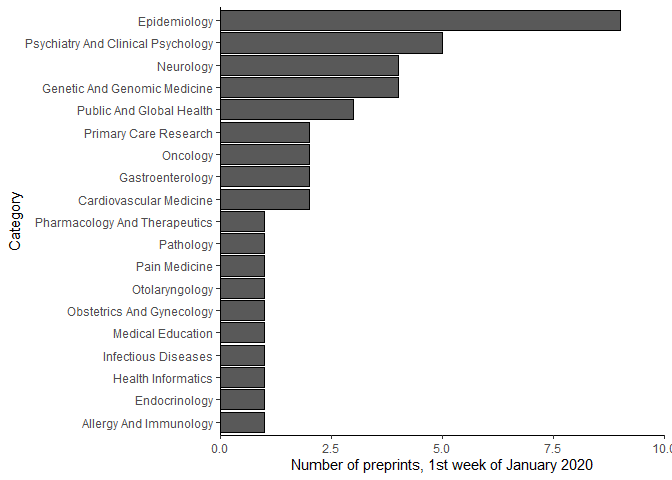
Background & motivation medRxiv, as the preprint repository for papers in the medical, clinical, and related health sciences, 1 has become a central source of new studies related to the COVID-19 pandemic.

Background & motivation medRxiv, as the preprint repository for papers in the medical, clinical, and related health sciences, 1 has become a central source of new studies related to the COVID-19 pandemic.
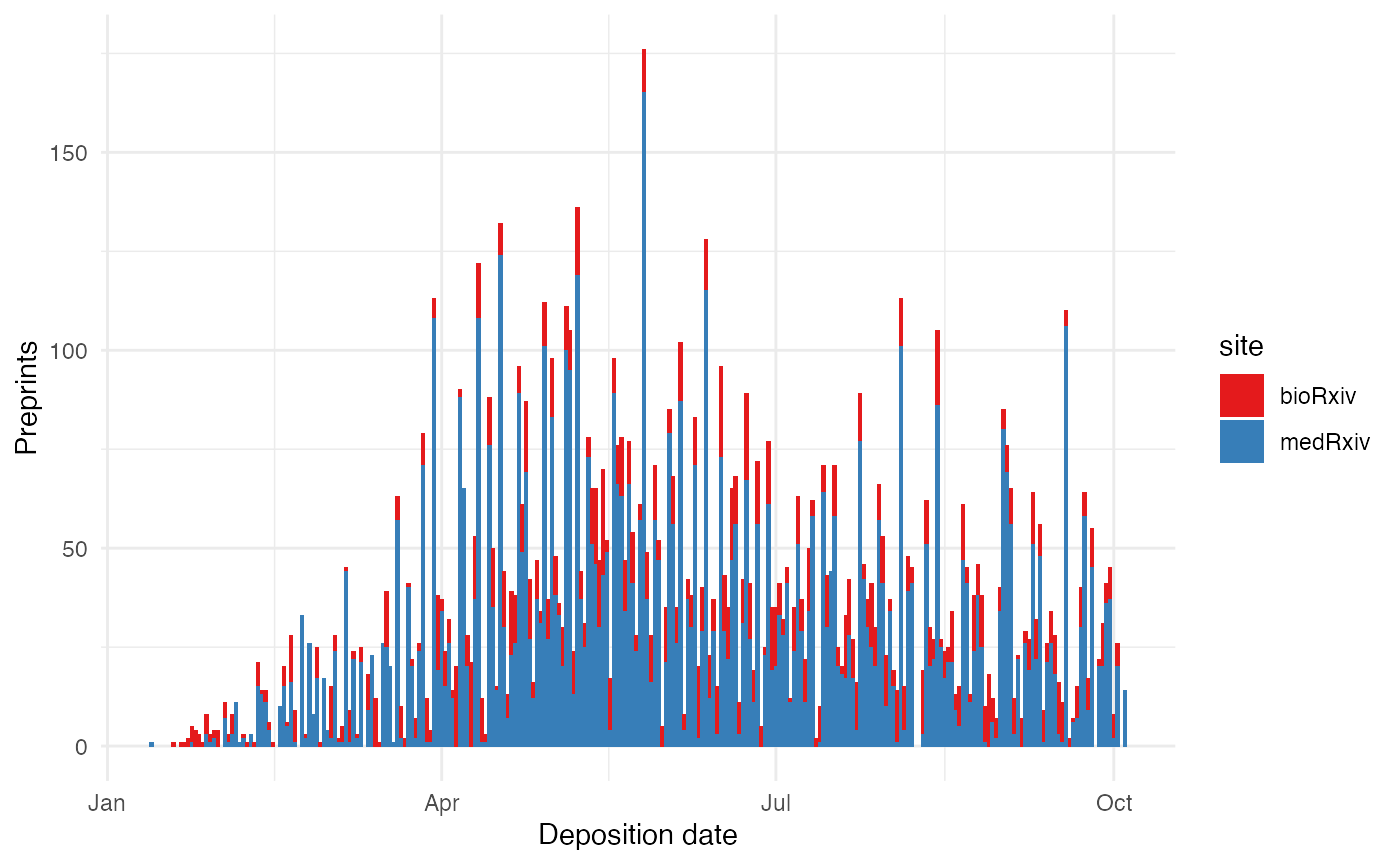
At the eLife Sprint in September 2020, we revamped the covidpreprints.com website, which aims at featuring landmark preprints on a timeline of the pandemic. The birth of the project The ongoing COVID-19 pandemic has led to about 35 million confirmed cases and over a million deaths worldwide.
The title of this post refers to Hacktoberfest, a month-long event organized annually by Digital Ocean to encourage contributions to open source projects on GitHub.Unfortunately, this October, many maintainers are dealing with spam pull requests.So instead of issuing a general appeal to participate, we’re pointing you to our new Community Contributing Guide’s section dedicated to our open Issues List.Along with showing you how to find help

This post describes a few different aspects behind the scenes of the development of dittodb which recently went through the rOpenSci peer review process and was released to CRAN on 24 July 2020.This isn’t an introduction to the package itself (that’s available on dittodb’s site), but rather a look behind the scenes of the conceiving of the idea, the inspiration for, some of the development of, and history behind dittodb.

Webinars and community calls are a great way to gather many people to discuss a specific topic, without the logistic hurdles of in-person events. But whether online or in-person, to reach the broadest audience, all events should work towards greater accessibility.

The COVID-19 pandemic has dramatically impacted all of our lives in a very short period of time.Spring and summer are usually very busy as students prepare to go the field to engage in various data collection efforts.The pandemic has also disrupted these carefully planned activities as travel is suspended and local and remote field stations have closed indefinitely.A lost field season can be a major setback for a dissertation timeline and
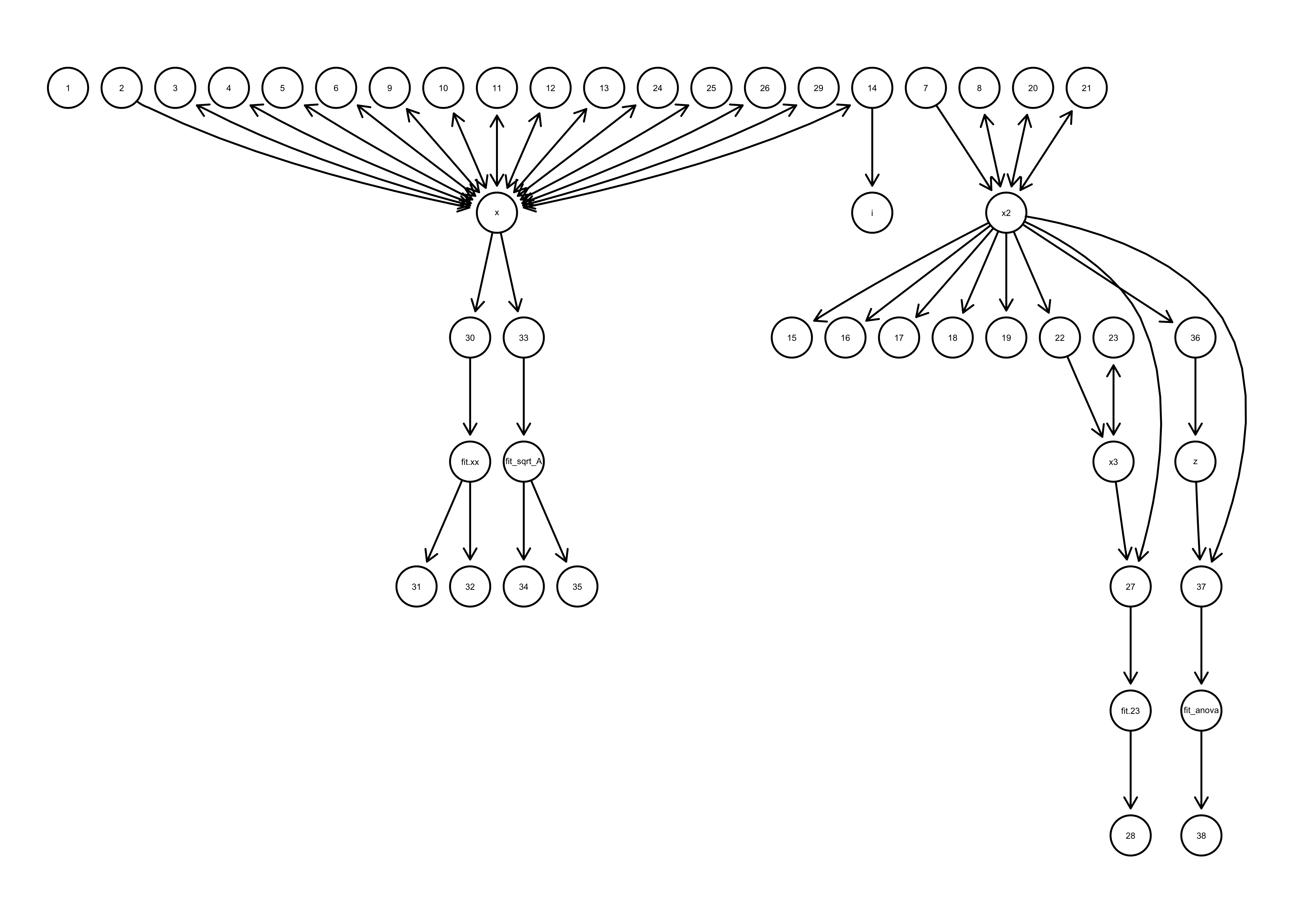
The R language has become very popular among scientists and analystsbecause it enables the rapid development of software and empowersscientific investigation. However, regardless of the language used,data analysis is usually complicated. Because of various projectcomplexities and time constraints, analytical software often reflectsthese challenges. “What did I measure? What analyses are relevant tothe study? Do I need to transform the data?
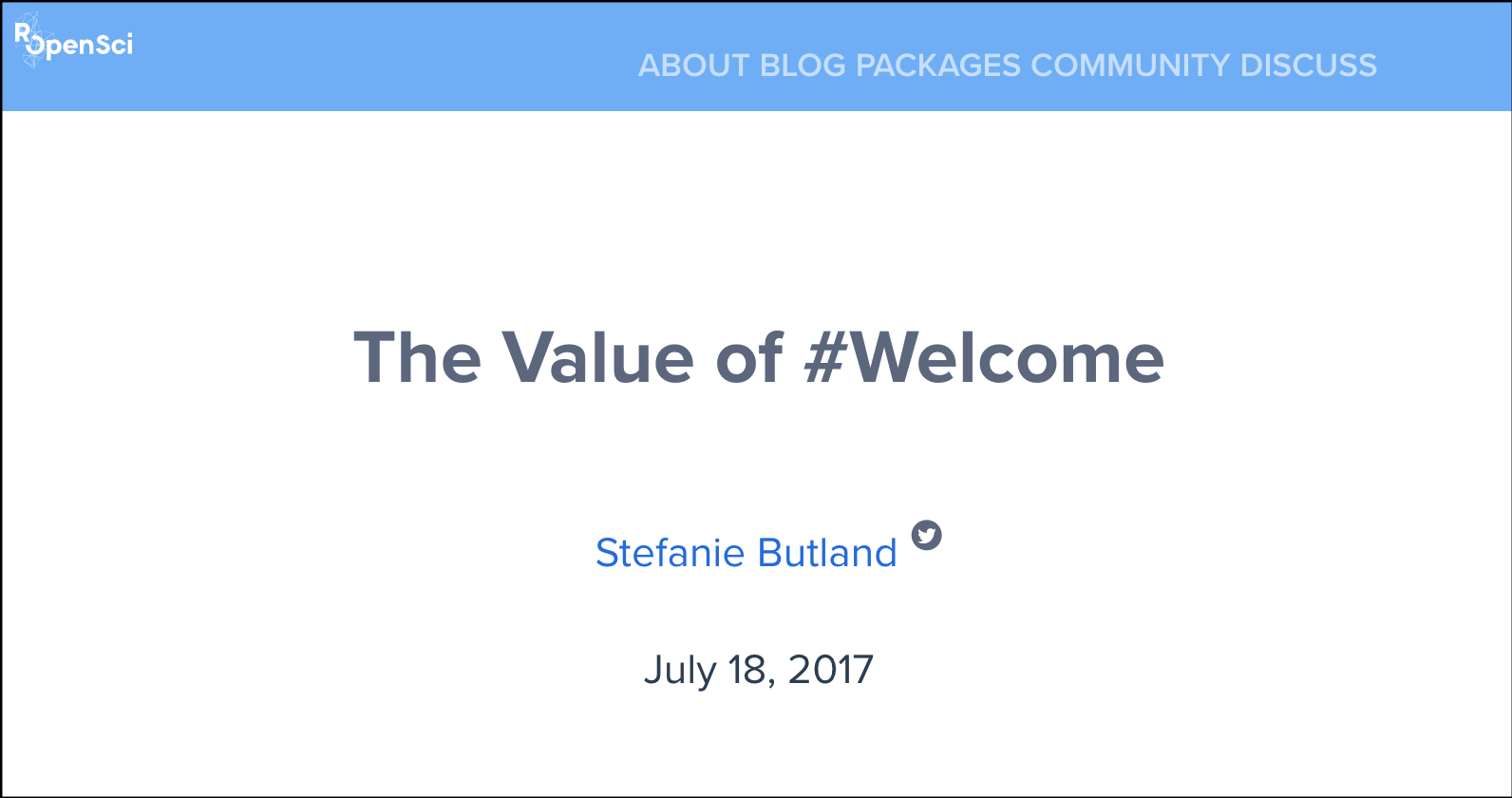
At their closing keynote at the 2020 RStudio Conference, Hilary Parker and Roger Peng mentioned that they hatched the idea for their excellent Not So Standard Deviations podcast following their reunion at the 2015 rOpenSci unconf, (“runconf15”). That statement went straight to my heart because it pin-pointed how I had been feeling throughout the week of RStudio Conference that I had been unable to name.
Dealing with taxonomic inconsistencies within and across datasets is a fundamental challenge of ecology and evolutionary biology. Accounting for species synonyms, taxa splitting and unification is especially important as aggregation of data across time and different data sources becomes increasingly common.
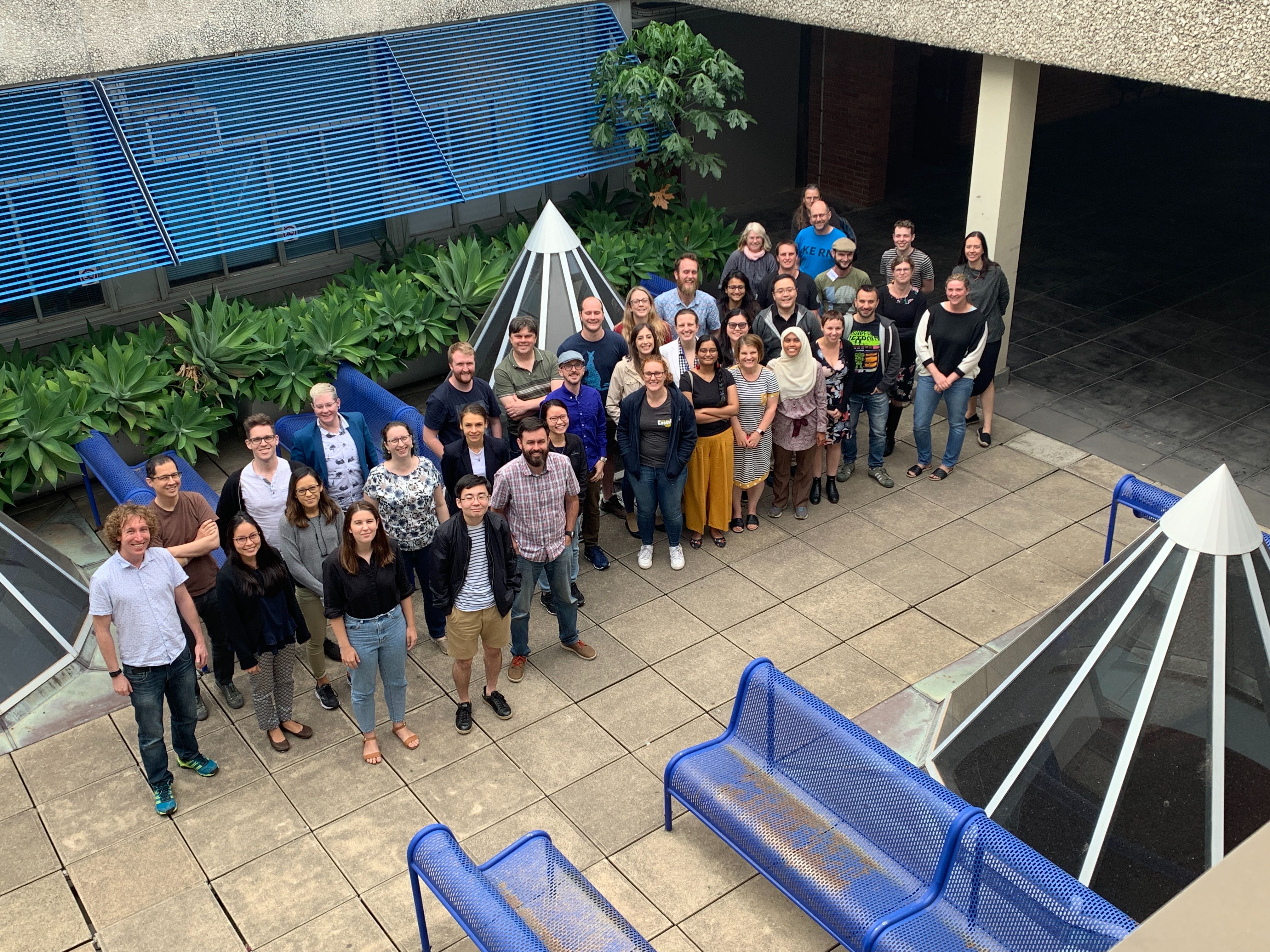
It was the best of times, it was the worst of times. Dickens might have meant it figuratively, but in the case of the rOpenSci OzUnconf 2019, we mean it literally. Set to the backdrop of a national emergency that is still ongoing from 11-13 December, our participants came from across Australia as well as New Zealand, Japan, India and Indonesia.